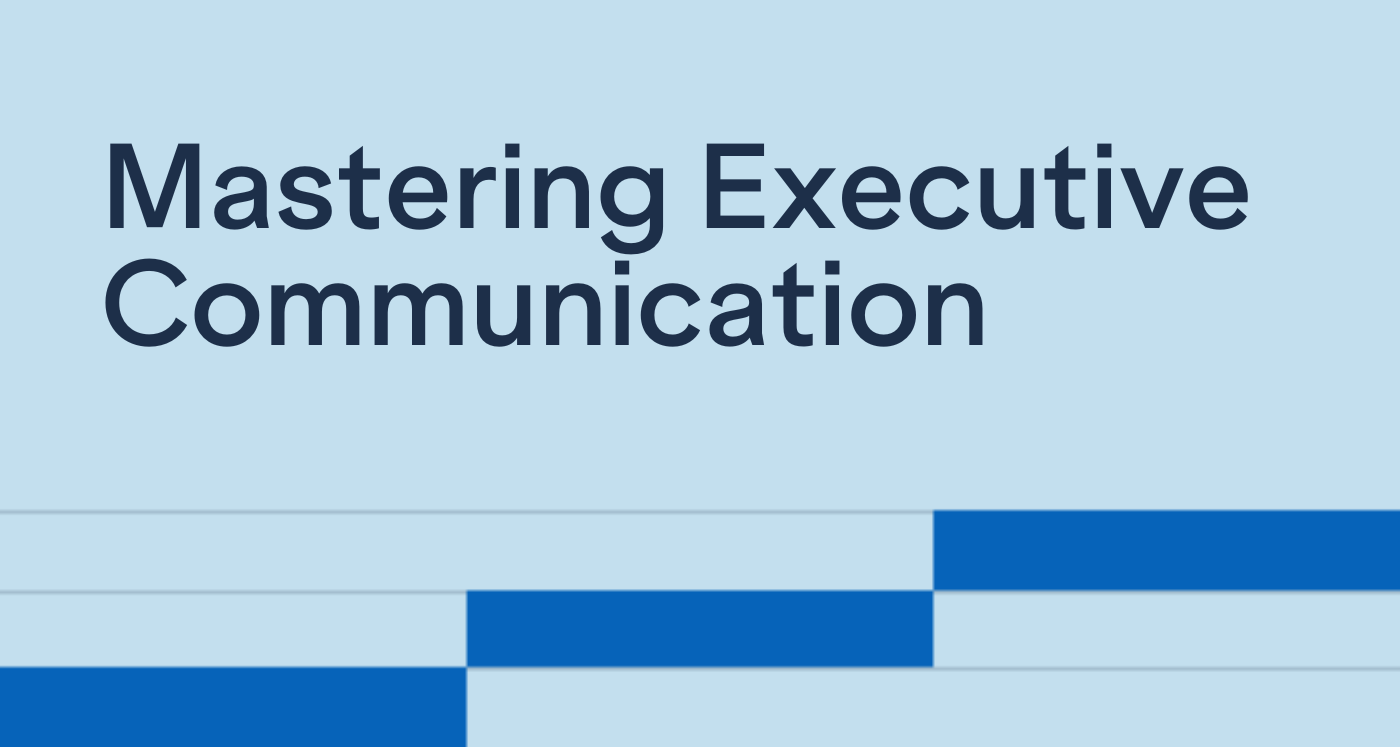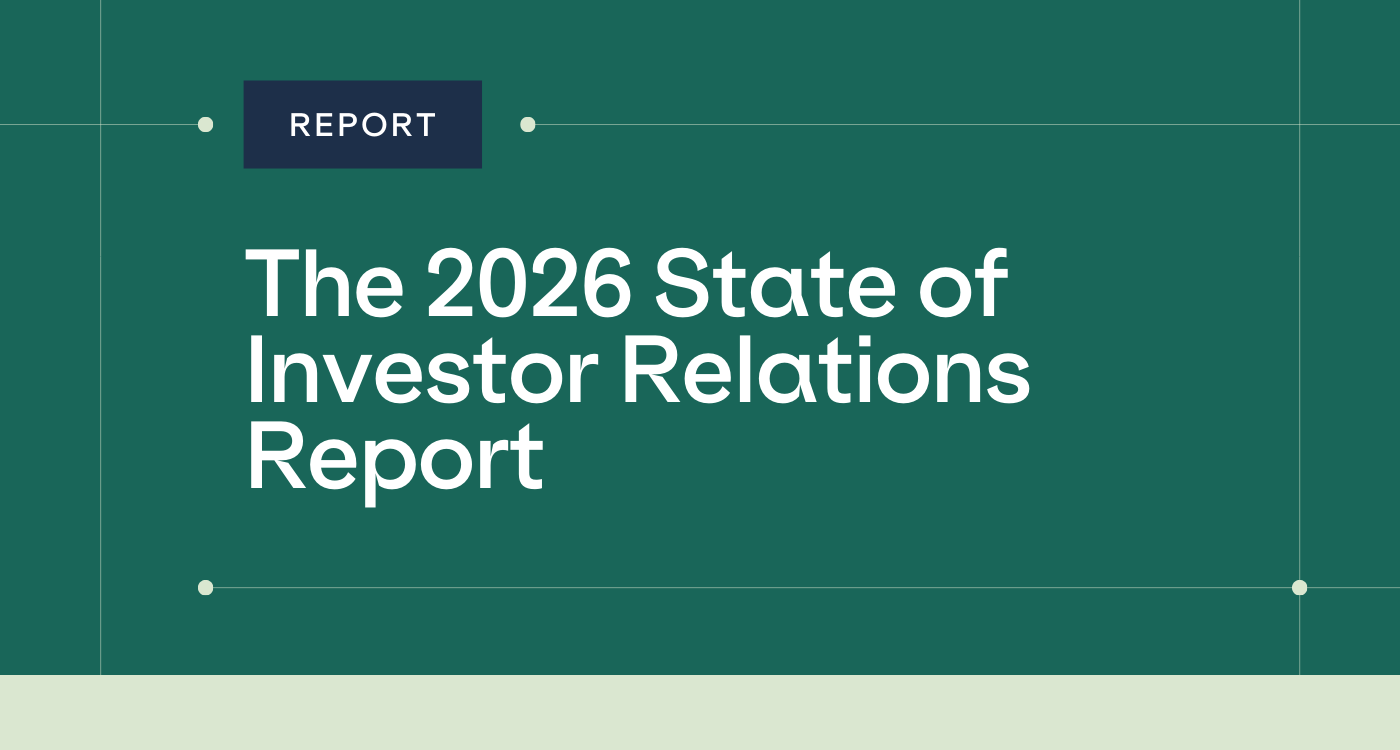
Activism readiness: Insights from IRO Kiley Rawlins
What's your plan for shareholder activism? Learn the tried and true ways Kiley Rawlins has navigated activism in her IR career.

The Investor Relations Officer (IRO) role is not a simple one in any field—but unique challenges come with being one in an emerging industry. The role requires purpose, grit, and perseverance, as you’ll likely experience more pushback than someone in a better-established field.
That being said, when the industry does choose to see the potential in your business, you may be running an investor relations (IR) program that will help change the world.
To further explore the challenges faced by IROs and issuers in new and emerging industries, we sat down with Leah Gibson—a life sciences IR leader with nearly two decades of experience in corporate and shareholder communications and business strategy development. As Vice President, Investor Relations & Strategic Communications at Cybin Inc., Gibson has a valuable perspective on best navigating IR in unique markets.
Continue reading to learn more about how IR differs in emerging industries, how IROs can engage with their desired shareholders, and more.
When we look at the IR strategy for a business in an emerging market versus one in an established industry, the main difference is how much a company, their IRO, and other members of the C-suite have to educate their desired audience.
An IRO for an emerging company must be well educated in their field, as they’re seen as a spokesperson for their employing company and the industry. Remember that your target shareholders have likely never invested in a company in your market, so it’s critical that you advocate for your industry while educating key audiences. It’s your responsibility to relay valuable information to the media, insurance and regulatory agencies, and of course, current and future shareholders.
It can also be said with certainty that potential audiences of a unique industry are much more vast and complex than those of traditional markets. When it comes to emerging markets, IROs can expect most conventional IR strategies they’ve been taught over the years to no longer be applicable.
For example, retail investors now have a much stronger voice than they did prior to the COVID-19 pandemic. This is likely partly due to people around the world being confined to their homes, which led to an increased amount of time spent searching the internet on various topics. As a result, audiences can access multiple platforms and outlets that allow them to research, purchase, and sell shares of their own accord—and not through a broker. These platforms can give their visitors a lot of excellent, substantive information while simultaneously providing readers with a voice and an opinion of their own.
And so, for IR professionals in emerging markets, there is an entirely different way of communicating with audiences—creativity is critical. From a retail investor perspective, you should actively have a finger on your industry's pulse to understand potential shareholders' questions, needs, and concerns. From there, you can build a strategy to get in front of these audiences that doesn’t involve standard institutional roadshows or conferences.
TIP: The world and what we know change on a daily basis. It's recommended to conduct ongoing research on your emerging industry to understand what’s being said and what’s going on. This includes reading:
IROs looking to engage the retail audience in an emerging market successfully will have to reach different audiences in different ways. There are various ways to build these relationships, which include:
IR professionals may find engagement easier with high-net-worth family offices. This is likely because private wealth management firms host their own organized events—similar to what we see with institutional investors and banks. Remember that to attend these private events and network with guests, you’ll have to earn the trust of the family office.
On a different, more digital note, experts like Gibson are seeing success on Twitter. Because most folks involved in emerging markets want to be aware of new information as quickly as possible, Twitter’s 280-character count provides short and precise updates for those staying in the loop. IROs looking to make a breakthrough in their industry should make an effort to build a substantial following and brand presence on Twitter in 2023 and beyond.
For IROs entering or currently in an emerging market, you’ll probably be required to wear many hats. Because IROs are often the executive internal and external audiences turn to for answers, Gibson advises being as educated on your subject as possible.
Finally, remember to be creative, expand beyond traditional IR strategies, and truly listen to your audiences to learn what they need from you and your company.
For a deeper discussion of the challenges faced by IROs and issuers in new and emerging industries, be sure to listen to Leah Gibson’s full episode of Winning IR—Irwin’s interview-style podcast that explores diverse insights within the IR community.
PS: Be a guest speaker on Winning IR! We’re looking for IR professionals that have unique and fresh perspectives on the industry. If that sounds like you, reach out to us at podcast@getirwin.com.
Listen to the full episode to learn how Gibson navigates IR in uncharted waters.

What's your plan for shareholder activism? Learn the tried and true ways Kiley Rawlins has navigated activism in her IR career.

Effective investor relations extends far beyond crafting compelling messages. Learn how the experts deliver their story strategically.

Across geographies and market caps, one theme is consistent: IR is entering a period of recalibration. Learn what's changing in 2026.